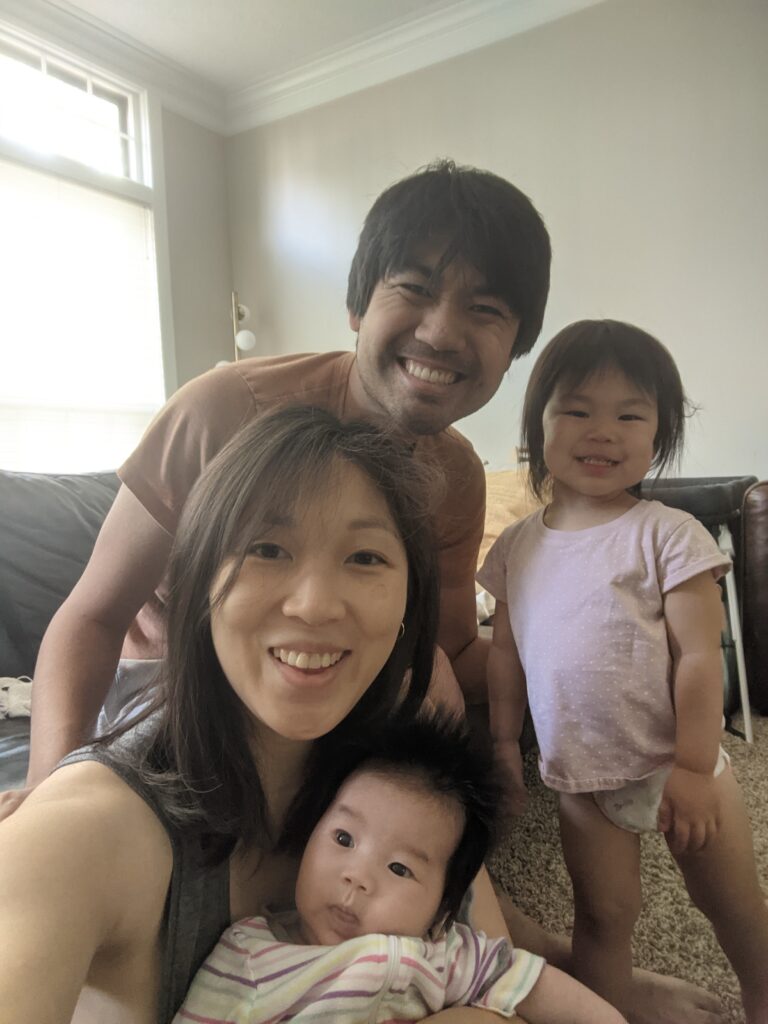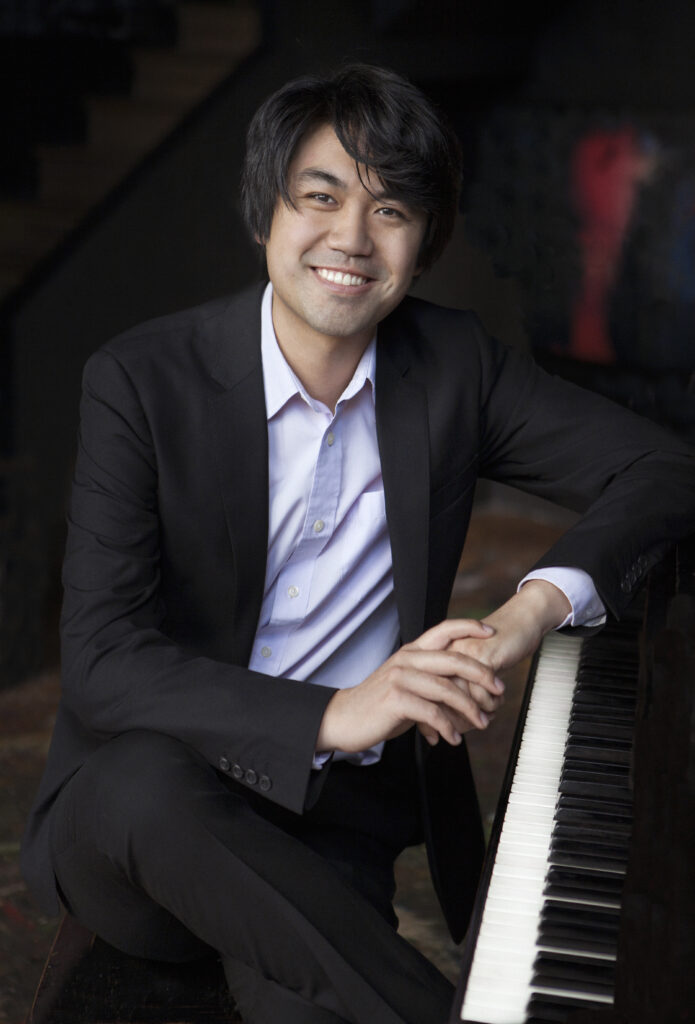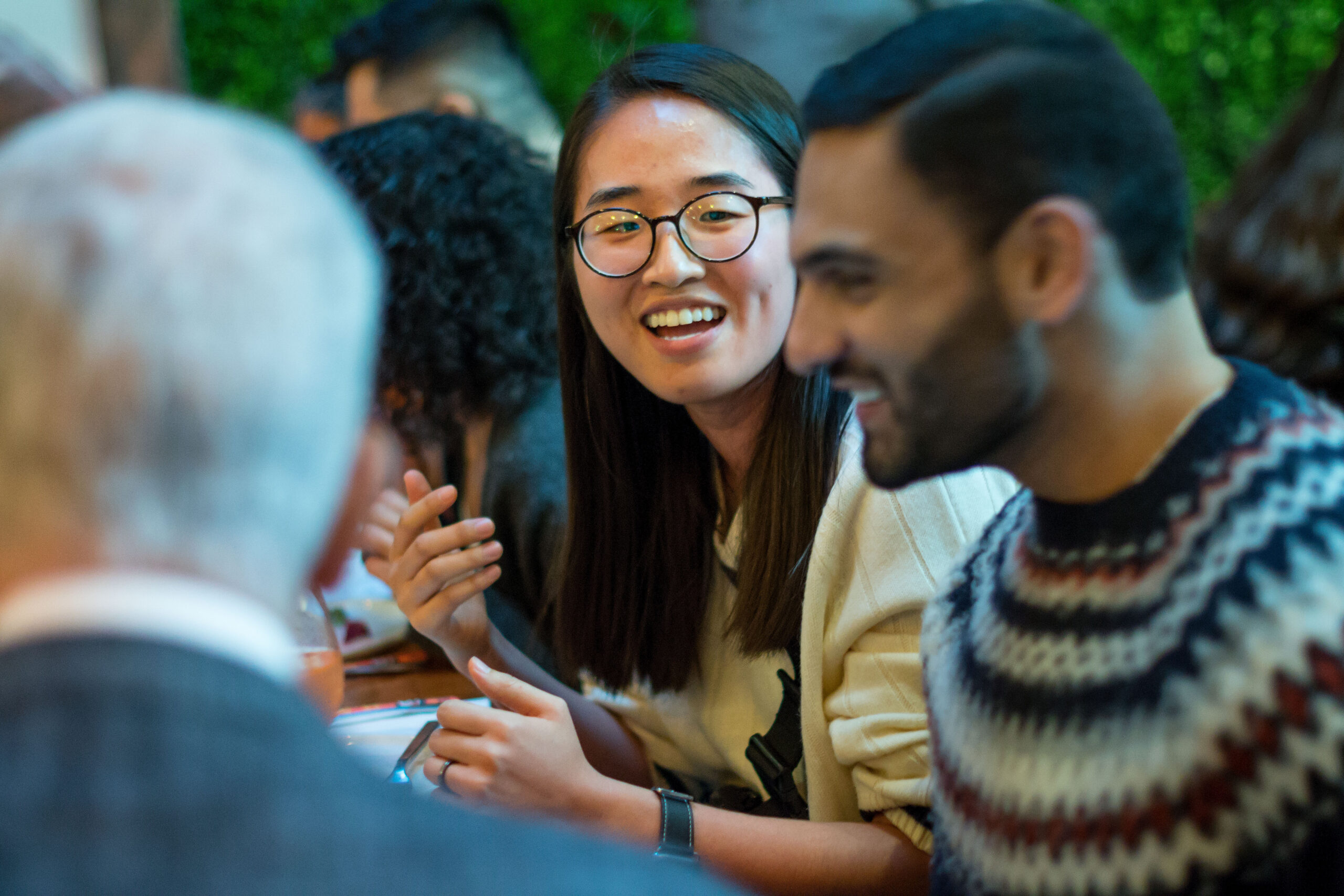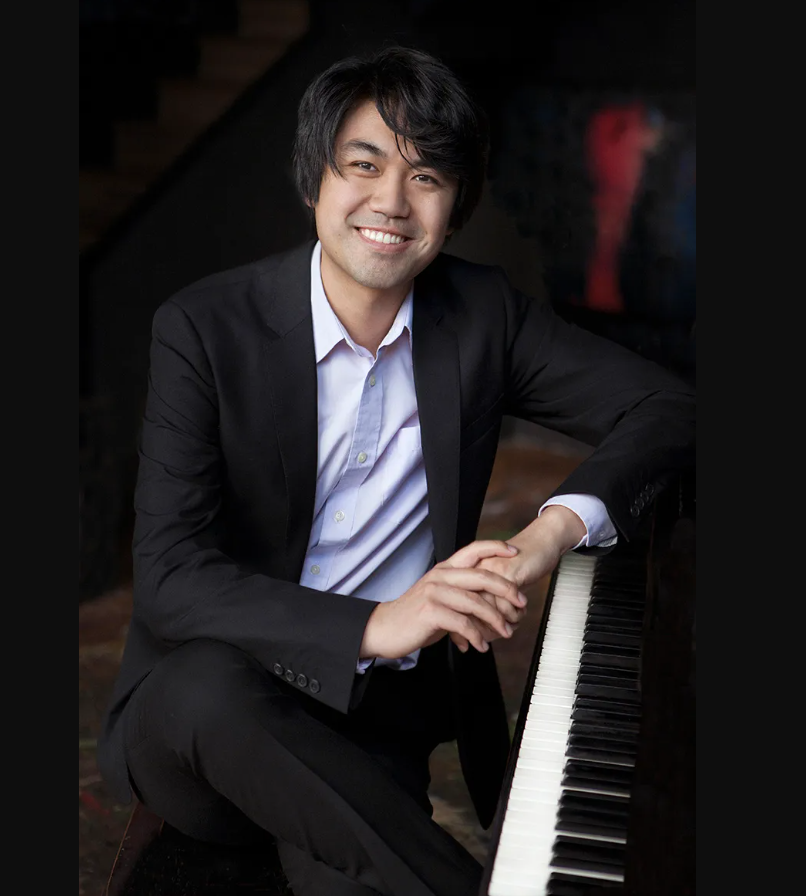- Fellow Highlights
Sean Y. Chen on His New Album of Ravel Music, Baby Shark, and Lessons From His Parents
Paul & Daisy Soros Fellow and Pianist Sean Chen’s debut album on the STEINWAY & SONS label, La Valse, was recorded as part of his American Pianists Association’s DeHaan Classical Fellowship, and was released digitally in 2021. The focus of the album is work by French composer Maurice Ravel (1875-1937). We asked Sean about the album, Ravel’s music, and all about Sean’s life as a father and musician in Kansas, where he currently is an artist in residence at the University of Missouri-Kansas City.
What is the story behind your newest album of Ravel’s Le tombeau de Couperin and Sonatine?
I’m a big fan of Ravel’s music—I’ve performed pretty much every solo piece he ever composed, and I’m really excited to be able to add to my collection of Ravel recorded works. The really neat thing is that this album was recorded using the Spirio high-resolution player system.
What were the challenges of making an album during the pandemic?
The Spirio system actually made this process a lot easier. The actual playing was done pre-pandemic, and during the pandemic I worked with Steinway to do the editing and mastering.
How did you begin playing the piano?
My family is very musical, though classical music wasn’t initially a big part of it. I grew up listening to stuff my dad listened to—70’s music—and other music like Disney and videogame music. I always had a keyboard around, and so it was natural, I think, for my parents to start me on the piano at around age four or five.
Your parents are from Taiwan, and you grew up in Los Angeles after being born in Florida. Can you tell us about where your parents are from in Taiwan and why they decided to immigrate to the United States?
My dad is from Taipei in the North, and my mom is from Kaohsiung in the South. They came to the United States for the same reason many people do—for an education, first in Illinois, then in Florida. After that, they found jobs and stayed in the United States.
How has being the child of immigrants inspired or shaped who you are as a musician?
To do this question justice, I’d have to write a whole essay. But I think the work ethic my parents instilled in me, with a healthy dose of “proving people wrong,” was and is still instrumental in how I approach anything, including my music career. I also think that my musicianship has a unique eclecticness because of my parents encouraging me to explore and be knowledgeable about all different things, from a young age.
What are your favorite things to do in Kansas City?
Kansas City has so many cool places and neat neighborhoods. Obviously with the pandemic and now two daughters (one just born earlier this year) we haven’t really done many city outings. However, we always find time to get good coffee, and take walks either around our neighborhoods, or around different parks. There’s also an awesome farmstead here that is great for kids!


Your wife is also a professional musician. How have you two approached incorporating music into your daughter’s life?
Well, we listen to music so much that our daughter Ella is always asking for us to put on Spotify, whether it’s kids’ music and Raffi, or some Mozart operas. She is also just naturally interested in both our instruments (me piano, and my wife violin) since she sees us playing all the time. Whenever Ella wants to jump on the piano, I let her do whatever she wants, and on the violin she’s been learning parts of the instruments and using the bow a bit with her mom’s assistance. At this age, it’s more about exploration and not being afraid of the instruments!
How would you describe your playing style?
Well, I think an important part about my approach to learning pieces is not to just play them the way everyone else plays them or the way I’ve heard it done my whole life. I’m always digging into the score, asking questions about why things are written the way they are, and how I can bring new life into a piece that might be overplayed, without doing things differently just for the sake of doing things differently. Philosophically, I really try to think about musicians as magicians—we get to manipulate space and time of sound to evoke images or emotions, and I hope that comes through in at least some of my playing.
What is it about Ravel that you love?
I love many things about Ravel’s music, probably most prominently his harmonies and the way he writes for the piano—it’s always very challenging to play, but rewarding once you figure it out. There is also something very nostalgic about his music, like he’s always looking back towards the antique, but through a (then) modern lens. And at the end, it’s just great music to listen to.
When you’re not listening to classical music (or kids music!), what are you listening to?
Yea, it’s mostly kids music these days (why, Baby Shark, why?!), but you know, the occasional Justin Bieber, Taylor Swift, or Doja Cat will find its way in, and some music from our younger years (90s/00s pop). Sprinkle in some Taiwanese/Korean/Japanese pop here and there, music from Miyazaki movies by Jo Hisaishi, Disney soundtracks (the original ones, not the remakes), random 70’s music, and video game music from my childhood (mainly Nobuo Uematsu and Yasunori Mitsuda) and I think that’s a pretty good representation. ∎
Keep Exploring
-
 Read more: The Public Voices Fellowship of PD Soros, in partnership with the Oped Project: Year Four
Read more: The Public Voices Fellowship of PD Soros, in partnership with the Oped Project: Year FourThe Public Voices Fellowship of PD Soros, in partnership with the Oped Project: Year Four
-
Read more: NOT ON MY RESUME: Ming Hsu Chen
- Fellow Highlights
- Fellows in Action
NOT ON MY RESUME: Ming Hsu Chen
-
 Read more: Kathy Ku Steps into Leadership as PDSFA Chair
Read more: Kathy Ku Steps into Leadership as PDSFA Chair- Board of Directors
- Fellowship News
Kathy Ku Steps into Leadership as PDSFA Chair
-
 Read more: Q&A with MD/PhD Student Silvia Huerta Lopez
Read more: Q&A with MD/PhD Student Silvia Huerta LopezQ&A with MD/PhD Student Silvia Huerta Lopez
